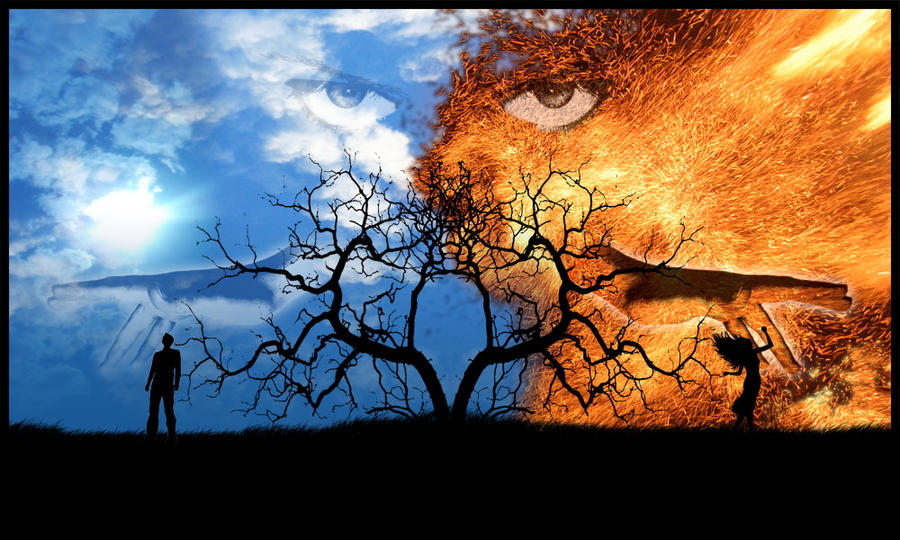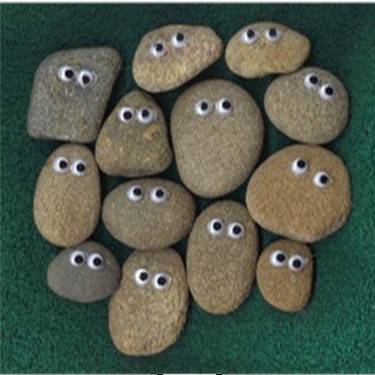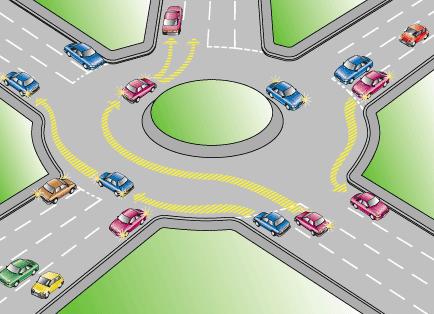
2. Analysis: the break of an idea into parts in order to analyze it

3. Anaphora: a use of words in repetition, at the beginning of sentences, phrases, etc.

4. Anecdote: a very short story used to make a point

5. Antagonist: a character (kryptonite is almost placed as an evil character) put in a story with opposition against the protagonist

6. Antithesis: balancing a term for emphasis on a term

7. Aphorism: a statement expressing an clever observation about life

8. Apostrophe: a figure of speech where a dead person, or something inanimate is addressed

9. Argument(ation): the process of persuading a reader

10. Assumption: the act of taking for granted

11. Audience: the intended for listeners
12. Characterization: the means by which a writer reveals a character's personality

13. Chiasmus: a reversal in the order of words so that the second half of a statement balances the first half in inverted word order

14. Circumlocution: a roundabout or evasive speech or writing, in which many words are used but few would have served

15. Classicism: art, literature, and music reflecting the principles of an ancient civilization

16. Cliche: a phrase, or fad which is overused

17. Climax: the decisive point in a story

18. Colloquialism: folksy speech

19. Comedy: original, nondramatic literary piece of work that was marked by a happy ending

20. Conflict: struggle or problem in a story causing tension

21. Connotation: implicit meaning, going beyond dictionary definition

22. Contrast: a rhetorical device by which one element is thrown into opposition to another for the sake of emphasis or clarity

23. Denotation: plain dictionary definition

24. Denouement: loose ends tied up in a story after the climax

25. Dialect: the language of a particular district, or cultural group

Hey, it looks like you haven’t posted the literary terms 83-108 yet. It has been marked in the grade book but I look forward to seeing them when you get around to posting them. Great work on these literary terms by the way.
ReplyDelete